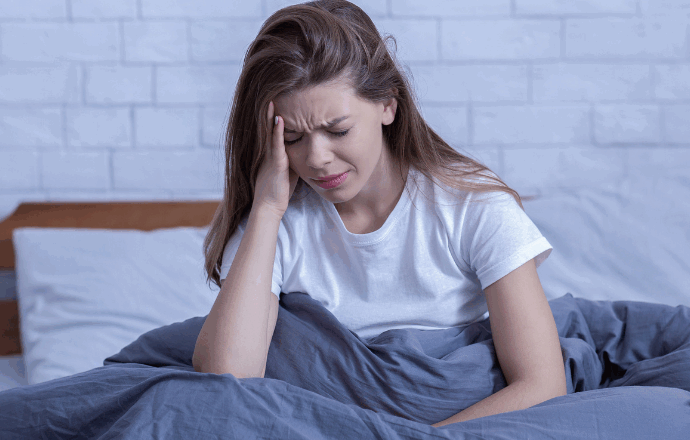Anxiety disorders are the most common mental health disorders in the United States, affecting 18.1% of the adult population. Women are more likely to be affected than men, and the disorder often develops in childhood or adolescence.
While anxiety can be a normal reaction to stress, anxiety disorders are different. They can cause a great deal of distress and affect many aspects of your daily life. If you have an anxiety disorder, you know that feeling stressed and worried doesn’t always subside when the situation does. If you’re looking for information about anxiety, you’ve come to the right place.
What is Anxiety?
Anxiety is an emotion characterized by an unpleasant state of inner turmoil, often accompanied by nervous behaviour such as pacing back and forth, somatic complaints, and rumination. It is the subjectively unpleasant feelings of dread over anticipated events, such as the feeling of imminent death. Anxiety is not the same as fear, which is a response to a real or perceived immediate threat, whereas anxiety involves the expectation of future threat.
What is Anxiety disorder?
Anxiety disorder is a feeling of uneasiness and worry, usually generalized and unfocused as an overreaction to a situation that is only subjectively seen as menacing. It is often accompanied by muscular tension, restlessness, fatigue and problems in concentration. Anxiety can be appropriate, but when experienced regularly the individual may suffer from an anxiety disorder.
Causes of Anxiety disorder
Anxiety disorders are the most common mental disorders worldwide. Anxiety disorders are characterized by a feeling of fear, worry, or unease. This can be accompanied by physical symptoms such as sweating, trembling, or a racing heart.
Anxiety disorders can be caused by a variety of factors, including genetics, brain chemistry, and life events. Genetics may play a role in anxiety disorders, as they tend to run in families. Brain chemistry may also be a factor, as anxiety disorders are often associated with imbalances in neurotransmitters. Life events, such as trauma or stress, can also trigger anxiety disorders.
5 signs of Anxiety disorder
There are a number of different types of anxiety disorder, but all of them share some common signs. Here are 5 signs of Anxiety disorder.
- Panic, fear, and uneasiness.
- Feelings of panic, doom, or danger.
- Sleep problems.
- Not being able to stay calm and still.
- Cold, sweaty, numb, or tingling hands or feet.
If you are experiencing any of these symptoms on a regular basis, it is important to seek professional help. An anxiety disorder can be very debilitating and have a negative impact on all areas of your life. However, with treatment, it is possible to manage your symptoms and live a full and productive life.
Symptoms of Anxiety disorder
There are many different symptoms of anxiety disorder, and not everyone experiences the same symptoms. However, there are some common symptoms that many people with anxiety disorder experience. These include feeling anxious or nervous most of the time, difficulty concentrating or sleeping, feeling irritable or on edge, having muscle tension, and sweating or having a racing heart. If you are experiencing any of these symptoms, it is important to talk to a doctor or mental health professional to get help.












Leave a comment